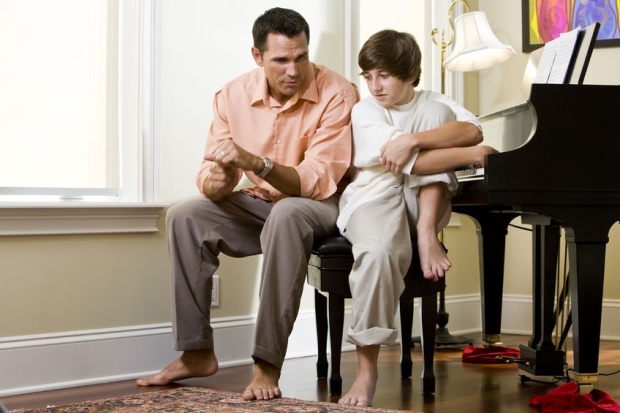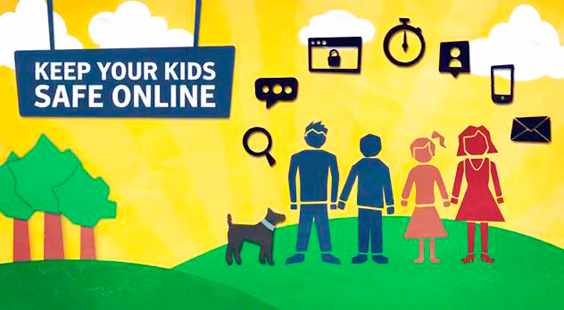Helping Your Teen Choose Life Instead of Drugs Without Getting Them Curious
Teenagers tend to make decisions based on emotion and peer pressure instead of common sense. Therefore, it can be difficult for a parent to talk to a teen about topics such as drugs.
As a parent, how can you teach your teen about the dangers of drug use without piquing their curiosity?
Have a Zero Tolerance Policy at Home
In other words, your kids must know they will be grounded or suffer other severe consequences if they are caught using any type of drug in any quantity. They should also know not to expect bail money if their drug use results in a trip to jail.
Talk About the Negative Consequences of Drug Use
As part of your discussion on drugs, make sure you focus on the negative consequences of using. For instance, you could point to studies linking marijuana use to possible long-term memory problems.
You could also talk about the problems people have withdrawing from heroin or other similar drugs. This will hopefully be enough to make your kids forget about ever trying drugs themselves.
It may also be a good idea to take your older teenagers to see those who have used drugs in the past and then talk about the effects afterwards. Do these people talk or look differently than the average person as a result of their drug history?
If so, those are some things that might be beneficial to take note of. Because teenagers can be impulsive, they may see drugs as something fun to do in the moment.
It may be hard for them to truly see the long-term effects without being visually shown that in others.
Focus on the Legal Consequences of Drug Use
If your child is charged with Fentanyl possession or any other drug crimes, he or she could spend many years in prison. This is generally true for a first offense unless an attorney is able to secure a plea deal.
Therefore, your kids need to decide if spending the rest of their lives in prison is worth trying to get high with their friends after school.
Talk About Healthy Alternatives to Drug Use
Your child may not feel the need to experiment with drugs if he or she has other things to do. For instance, you may want to encourage your teen to run after school to relieve stress or get a job to obtain a sense of independence.
You should also make yourself available to help your son or daughter talk through any problems that may come up.
While you want your teen to know about drugs and their effects, you don’t want them getting curious about whether what you said is true. By focusing on the negative side of drug use, you may be able to sway them from using drugs and instead using their time on more productive endeavors.
Did you know volunteering can help prevent drug usage? Children who serve others are less likely to participate in at-risk activities like using alcohol, drugs and skipping school. This is just one of the benefits of child volunteers.
Copyright: goldenkb / 123RF Stock Photo






